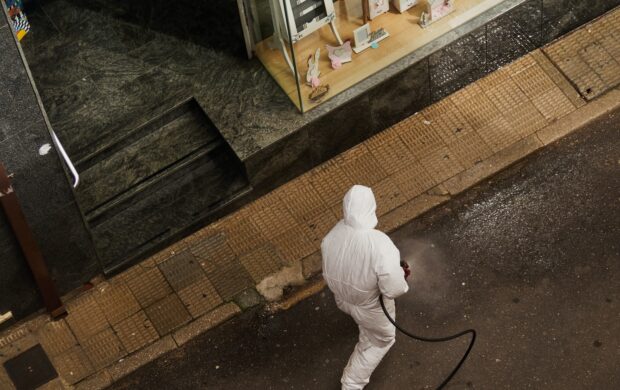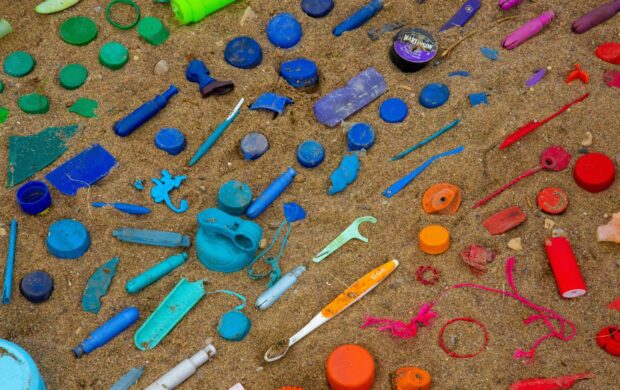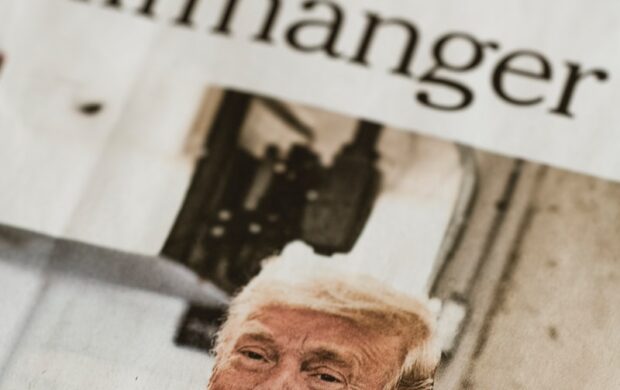Updated on 22 Nov 2017:

Surgeons in China transplant human head on corpse, say trial on live person ‘imminent’
HARBIN (CHINA DAILY) – A human head transplant carried out on a corpse by doctors in China- reported to be the first such surgery in the world – has caused controversy among medical experts. The transplant was announced by Italian professor Sergio Canavero, director of the Turin Advanced Neuromodulation Group, at a news conference in Vienna last Friday (Nov 17), the Daily Mail reported.
Plans to carry out the first human head transplant in the next two years are now well underway, after a 30-year-old Russian computer scientist, Valery Spiridonov, volunteered for the procedure. Spiridonov has Werdig-Hoffmann disorder, a rare form of spinal muscular atrophy which causes profound muscle wasting. He has agreed to let Dr Sergio Canavero, from the Turin Advanced Neuromodulation Group, remove his head and attach it to the body of a brain-dead but otherwise healthy donor body.
“I think that science is developed by those who are ready to take risks and devote themselves to it” he told MailOnline, “it’s the normal way of technology to evolve. It would be strange to stop at this point when neurosurgery is ready to take the next step.” He is says he is afraid, “but it is not just scary, it is also very interesting” and told RussiaToday that “doing this isn’t only an excellent opportunity for me, but will also create a scientific basis for future generations, no matter what the actual outcome of the surgery is.”
Dr Canavero published the outline of his proposed technique in Surgical Neurology International in February. A head transplant was successfully carried out on a monkey in 1970 by Dr Robert White at the Case Western Reserve University School of Medicine, although it died after eight days and was unable to move or breathe without assistance as the spinal cord remained unconnected. Dr Canavero is confident that “we are now at a point when the technical aspects are all feasible”.
However, the proposal has drawn heavy criticism, both over the likelihood of success and ethical concerns. Arthur Caplan, PhD, Director of Medical Ethics at NYU Langone Medical Center has refuted the scientific evidence behind the proposal, calling Canavero “nuts”. It is considered impossible to fuse a fully severed spinal cord, and Caplan argues that Canavero should focus his efforts on healing the spinal cords of paralysed patients, rather than attempting a much more problematic transplant operation. Moreover, it would be expected for the procedure to be successfully trialled on animals before application to humans and he cites another issue as being the toxicity of the great quantity of anti-rejection (immunosuppressant) drugs that would be required.
Dr Hunt Batjer, President-Elect of the American Association for Neurological Surgeons, spoke out to CNN, saying “I would not wish this on anyone, I would not allow anyone to do this to me, there are a lot of things that are worse than death.”
Image Credit: alp / Flickr














